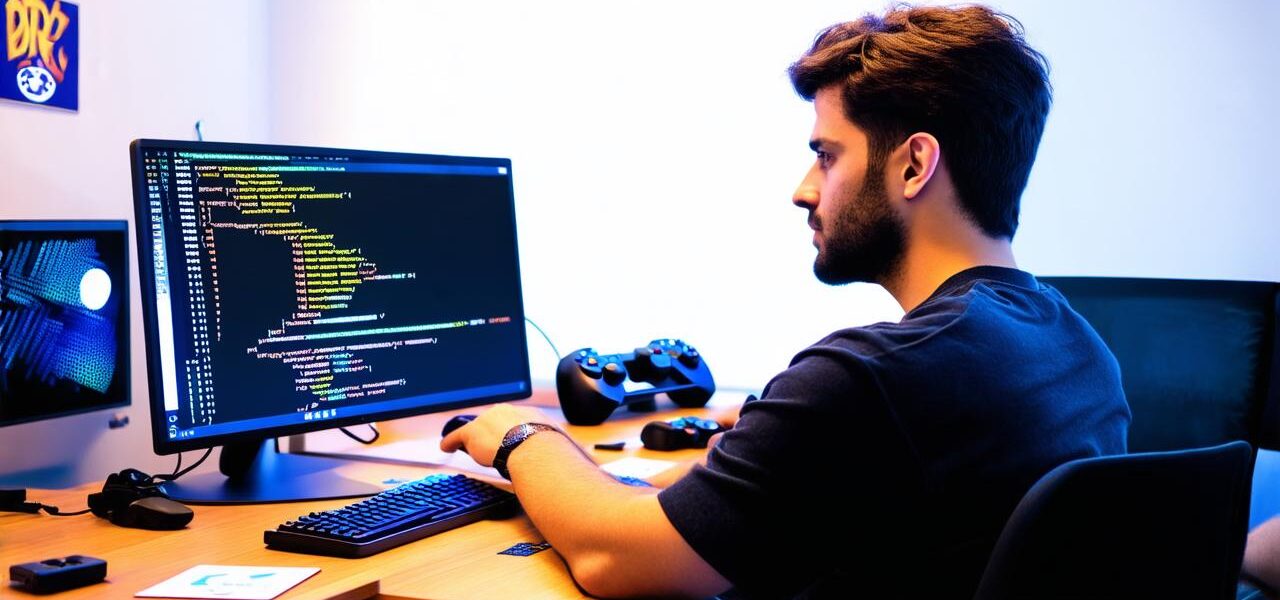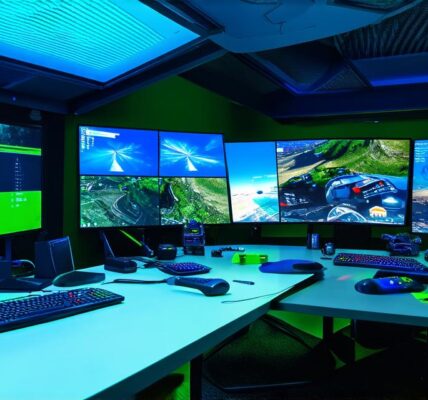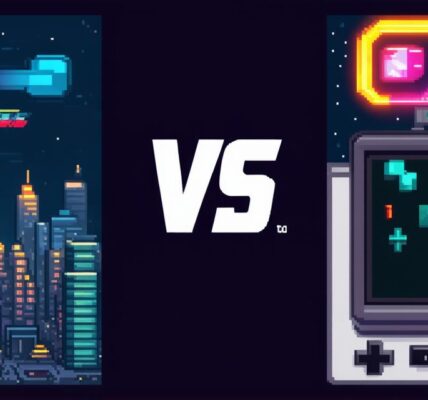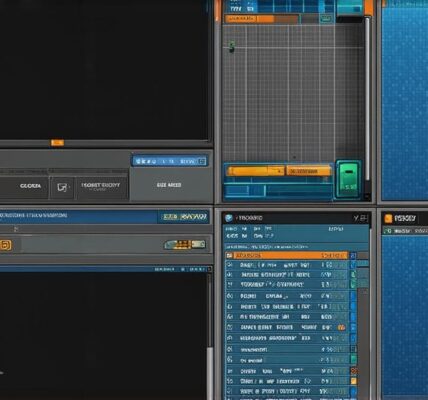Introduction
Video games have been around for decades and have become an integral part of our lives. From simple arcade-style games to complex RPGs, video games are now more sophisticated than ever before.
With the rise of technology and programming languages like Python, C++, and Unity, it’s easier than ever before to create your own video game. In this article, we’ll explore how to code a video game for beginners, using a step-by-step guide that’s easy to understand.
Step 1: Choose Your Game Type
Before you start coding, you need to decide what type of game you want to create. There are many different types of games you can make, including platformers, adventure games, puzzle games, and more. Each type of game requires a different set of skills, so it’s important to choose one that aligns with your interests and skill level.
Step 2: Learn the Basics of Programming
Once you’ve decided on the type of game you want to create, it’s time to start learning the basics of programming. There are many different programming languages you can use to create video games, including Python, C++, and Unity. Python is a great language for beginners because it’s easy to read and write, while C++ and Unity are more advanced but offer greater performance and control.
Step 3: Create Your Game World
The next step in the process is to create your game world. This involves creating the environment where your game will take place, including things like characters, objects, and backgrounds. You can use software like Photoshop or GIMP to create these assets, or you can use pre-made resources from online marketplaces.
Step 4: Write Your Code
Once your game world is created, it’s time to start writing your code. This involves creating the logic that will govern your game’s behavior, including things like character movement, enemy AI, and level design. The exact code you write will depend on the type of game you’re creating, but there are many resources available online to help you get started.
Step 5: Test and Debug Your Code
As you start writing your code, it’s important to test and debug it regularly. This involves running your game and checking for any bugs or issues that need to be fixed. You can use tools like the Unity debugger to help you identify and fix these problems.
Step 6: Polish Your Game
Once your code is working correctly, it’s time to start polishing your game. This involves adding sound effects, music, and other finishing touches that will make your game more enjoyable to play. You can also use tools like Blender to create 3D animations for your characters and objects.
Summary
Creating a video game can be a challenging and rewarding process. With the right tools and resources, anyone can learn how to code a video game for beginners. By following these six steps, you’ll be well on your way to creating your own game and joining the ranks of professional game developers. So what are you waiting for? Start coding today!

FAQs
What programming languages do I need to create a video game?
There are many different programming languages you can use to create video games, including Python, C++, and Unity. Python is a great language for beginners because it’s easy to read and write, while C++ and Unity offer greater performance and control.
How long does it take to create a video game?
The time it takes to create a video game depends on the complexity of the project and your skill level. It can take anywhere from a few weeks to several months or even years to complete a large-scale game.




